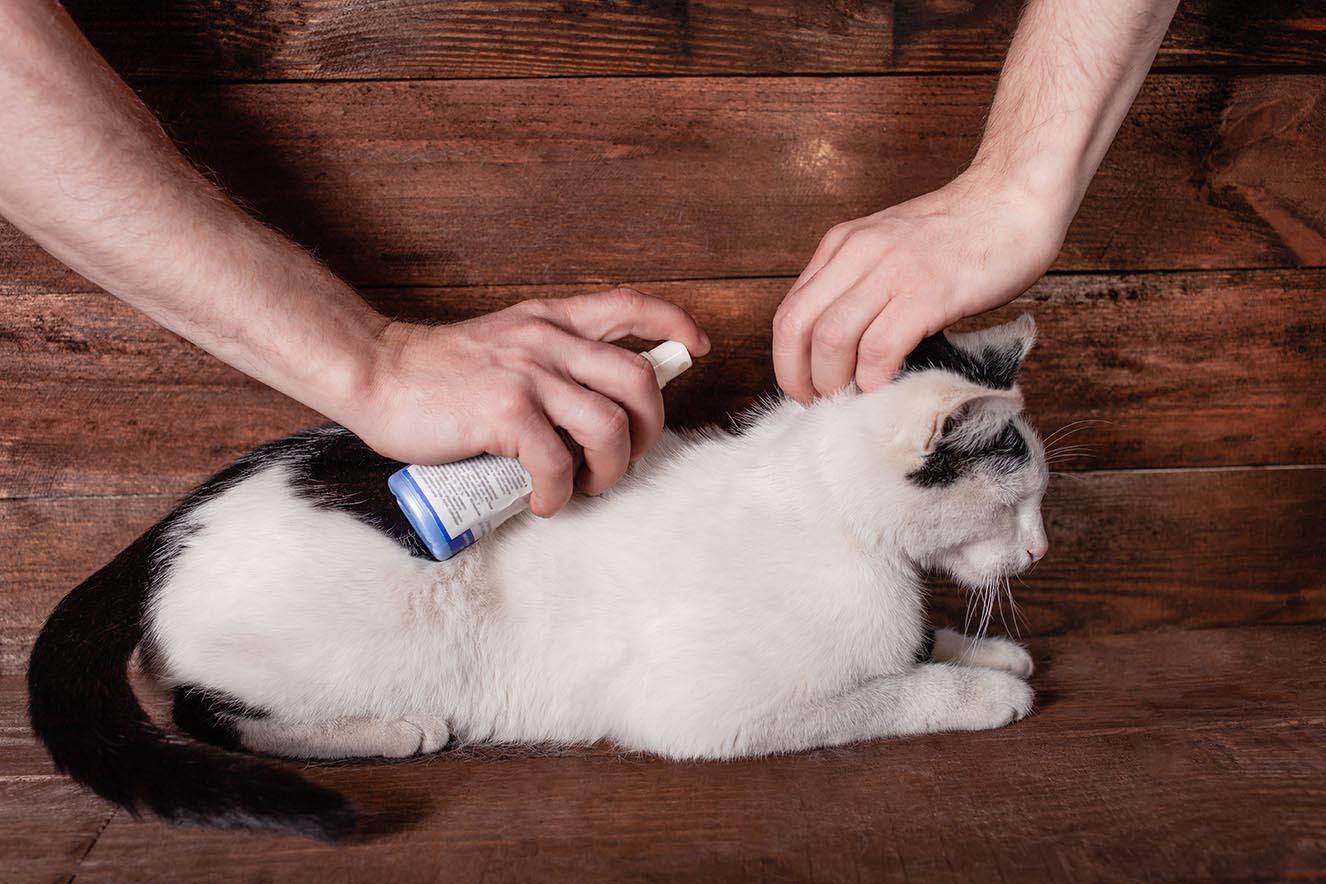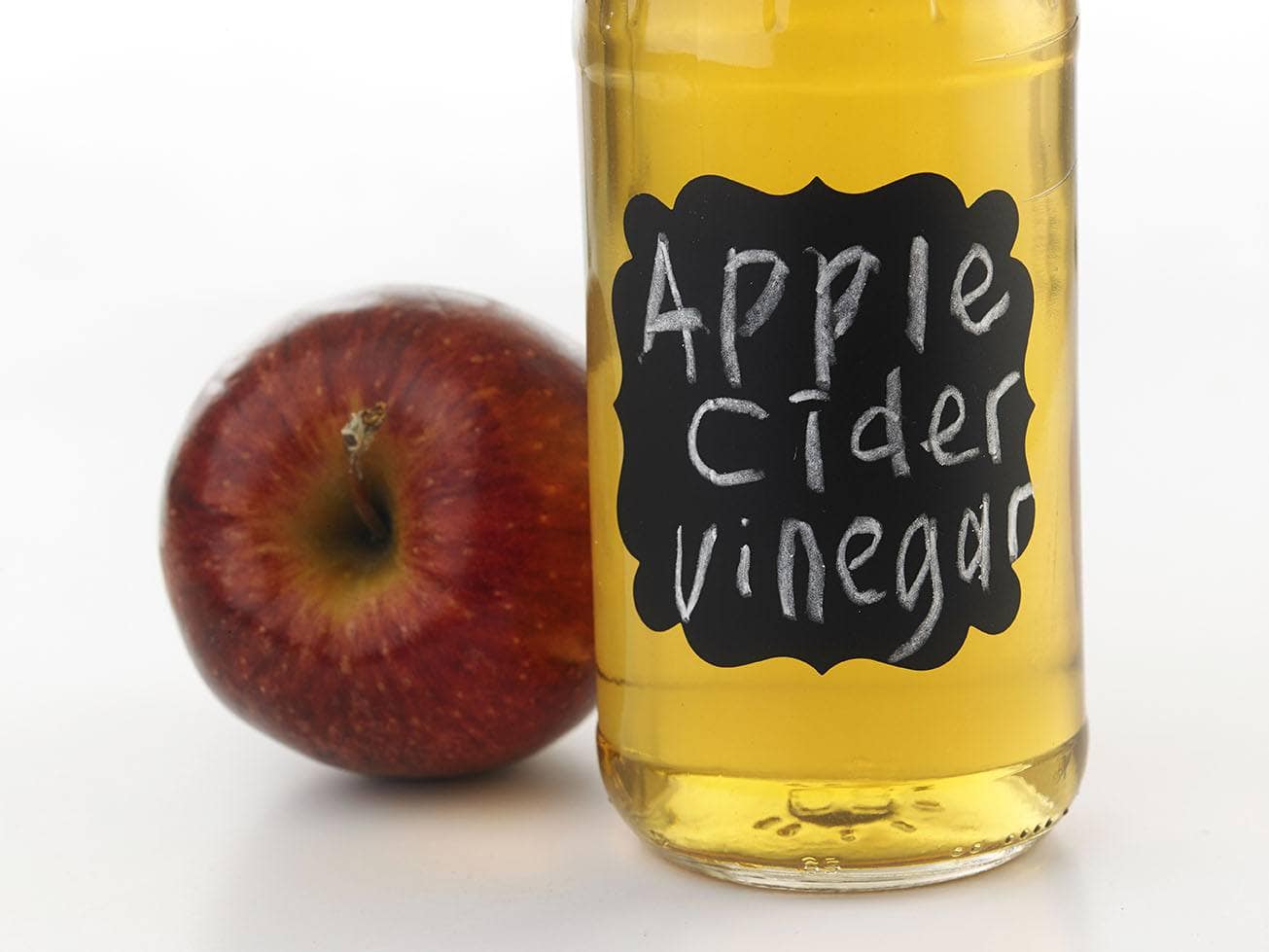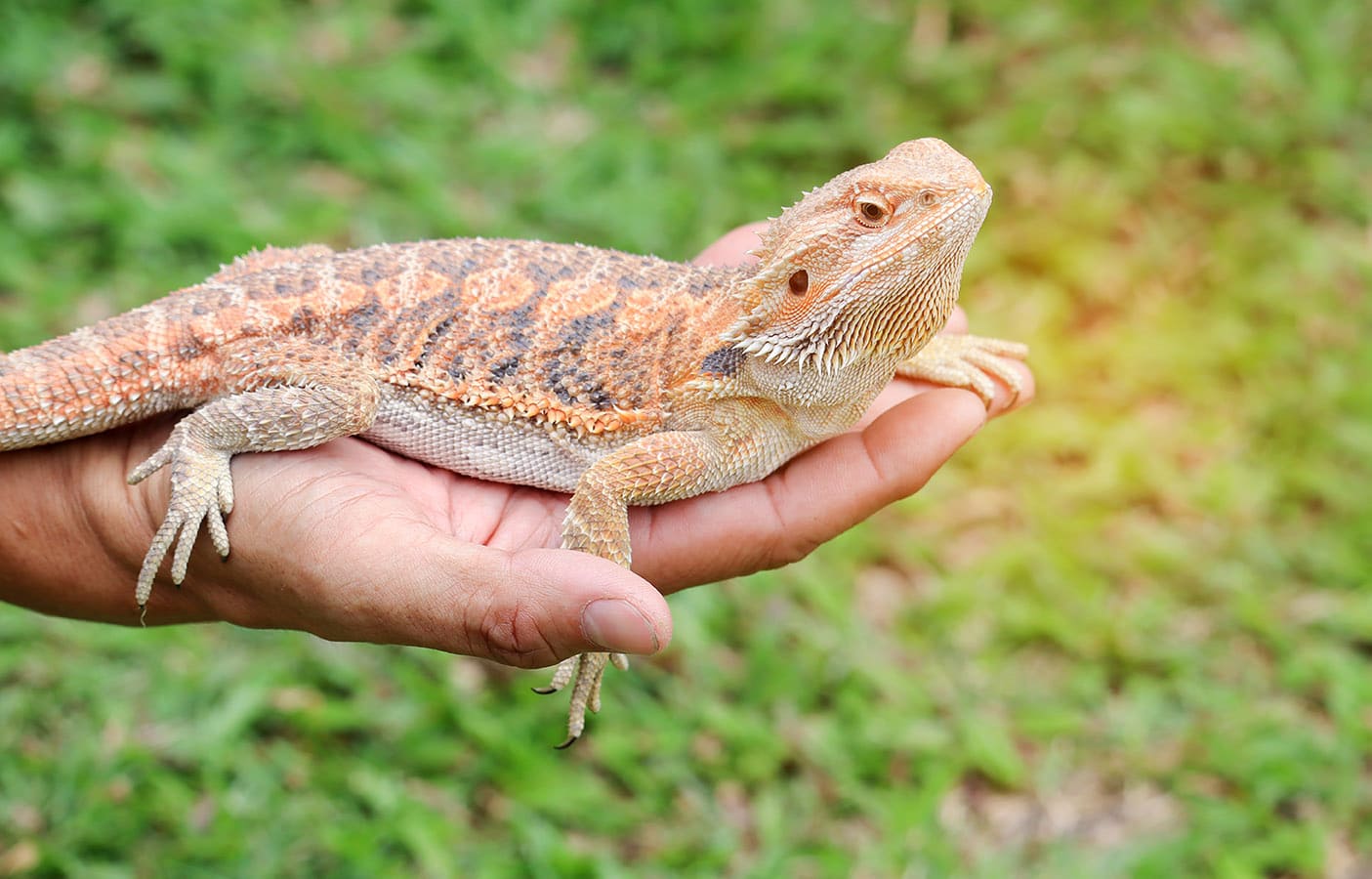VET APPROVED

The information is current and up-to-date in accordance with the latest veterinarian research.
Learn more »Click to Skip Ahead
Cats of all ages can get ill or experience issues that hinder their quality of life. Some experience the same issues repeatedly, such as urinary tract and upper respiratory infections. As concerned caretakers, we should take our cats to the vet when they do not seem to be acting like themselves.
However, the vet may not always be necessary. There are a few ways that apple cider vinegar (ACV) can be used as a remedy for your cat at home. Here are the uses, remedies, and benefits of apple cider vinegar that you should know about.

The 3 Benefits of Apple Cider Vinegar for Cats
1. Fight Off a Urinary Tract Infection
Apple cider vinegar is an excellent remedy for urinary tract infections in cats. It can be used to establish the proper pH balance in your cat’s urine and maintain it, which works to get rid of bacteria. Reduced bacteria will allow your cat’s urinary tract to heal naturally and stay healthy afterward. You can use apple cider vinegar when infection signs arise and until they subside, or continue using it regularly to prevent the onset of future urinary tract problems.
Administering Apple Cider Vinegar for Urinary Tract Infections
Mix ½ teaspoons of ACV into your cat’s freshwater supply. If your cat does not like the water once the ACV has been added, try replacing it with broth to disguise the acidity of the ACV.
Because your cat will ingest it, we recommend using organic apple cider vinegar only. Please be aware that if your cat has been diagnosed with kidney disease, you should avoid using apple cider vinegar (or any other treatment) before discussing it with the veterinarian since affected cats do not process acids very well

2. Eliminate an Upper Respiratory Infection
ACV can help your cat get rid of a developing upper respiratory infection. It will work as an expectorant, helping your cat breathe easier and feel better, which should enhance their appetite. It should also increase their water consumption, especially when the cat is congested.
Administering Apple Cider Vinegar for Upper Respiratory Infections
Using organic ACV with the “mother” will produce better results. You must always gently shake the ACV bottle before use. If your cat is receiving any other medical treatment or has been diagnosed with a medical condition such as kidney disease, please consult your veterinarian before administering ACV.
For a respiratory tract infection, you can dilute ½ teaspoon of organic apple cider vinegar with the “mother” to 1 L of water and refill your cat’s water dish to help them eliminate their respiratory issues. If you try this method, please ensure that the cat is still drinking water, as some cats refuse to drink when they taste the ACV in their water. Keeping hydration levels up is crucial. If the cat refuses to drink, wash the bowl well and offer plain drinking water.
You can rub a 50/50 apple cider vinegar and water solution on their paws, their chest, and even on the back of their neck. They will ingest the ACV when grooming. To do this carefully, you can use a cloth or a spray bottle but remember to avoid the face, especially the eyes.

3. Repel Pests Such as Fleas and Mites
Fleas and other pests, like mites and even flies, dislike the acidity of apple cider vinegar. The vinegar will not kill fleas or other pests, but it will effectively and neutrally repel them. When ACV is on a cat’s coat, these pests are much less likely to jump or land on them.
Administering Apple Cider Vinegar for Flea and Pest Repellent
Pour water and apple cider vinegar into a spray bottle at a 50/50 ratio. Then, spray your cat with the ACV mixture until their entire body, aside from the head, is lightly wet. Then, rub the ACV into the cat’s coat and let it naturally dry. You should apply the ACV spray every day to keep the fleas away. ACV can be applied to furniture and bedding to repel fleas, too. However, if an infestation occurs, you must employ other flea-control treatments around the house.

Precautions to Keep in Mind
As mentioned, cats with kidney disease should not consume apple cider vinegar because it is so acidic. It is a good idea to consult your veterinarian to ensure that your cat’s kidneys and other organs are in good enough shape to efficiently process ACV, especially if you plan to administer the vinegar to your cat regularly.
Also, too much apple cider vinegar can produce negative side effects that defeat the purpose of giving it to them in the first place. So, give your cat no more than 1/2 teaspoon of apple cider vinegar a day to ensure they do not overindulge and end up on the wrong side of the health path.
A vet can determine whether adding apple cider vinegar to your cat’s diet would be beneficial, so we recommend scheduling a consult before taking action.

Our Final Thoughts
Apple cider vinegar can be a healthy addition to your cat’s diet, but it is essential not to give them too much. If you are in doubt, reach out to your veterinarian for advice. Your cat may or may not enjoy the taste of apple cider vinegar. If they do not, you will have to find a way to hide it in their food or drink or choose an alternative remedy. When all is said and done, apple cider vinegar as a remedy is more likely to offer benefits than harm, so it is worth consideration.
You may want to read about:
Featured Image Credit: focal point, Shutterstock












